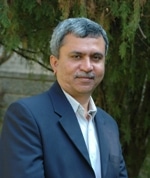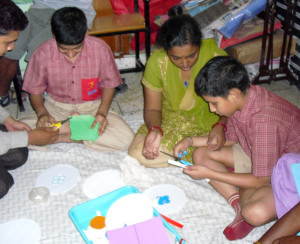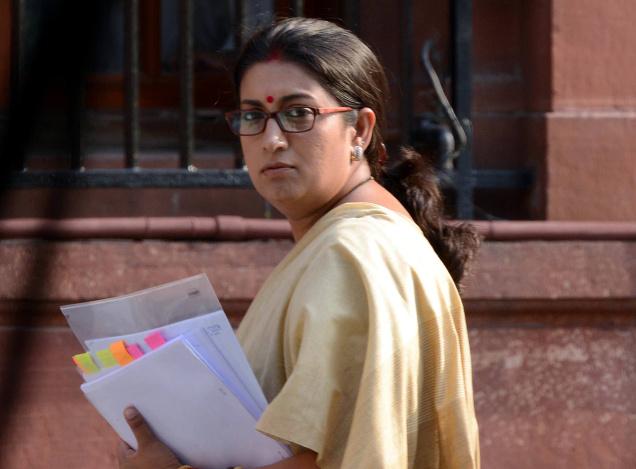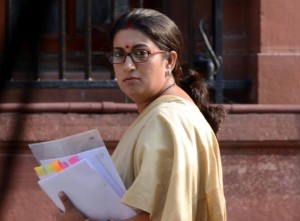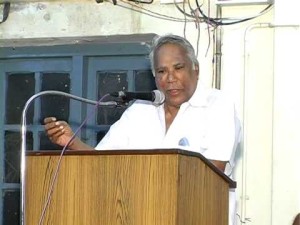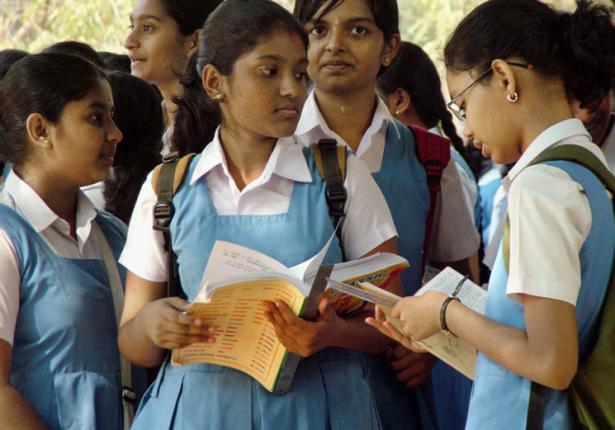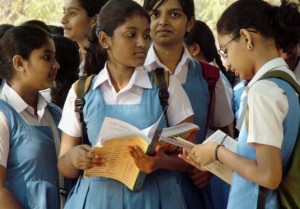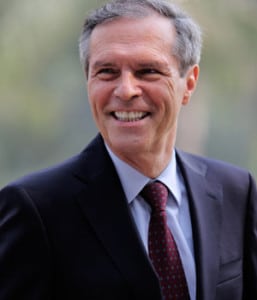 Intro: Riding on its global experience Xchanging is upbeat about the opportunities to be unleashed by ‘Digital India’ programme observed CV Raman, Practice Lead for Educational Platform Xchanging Technology in conversation with ENN
Intro: Riding on its global experience Xchanging is upbeat about the opportunities to be unleashed by ‘Digital India’ programme observed CV Raman, Practice Lead for Educational Platform Xchanging Technology in conversation with ENN
The Digital India programme is now on ground. What according to you will it take to make this programme successful?
Infrastructure. It is a key ingredient, critical for the success of the programme. Once the government provides the groundwork, it is up to the respective companies to fill the void. Quality of content, adoption of emerging technologies such as cloud and security would be all vital to the success of the digital India programme. But without a seed, there is no plant, let alone the fruit. And, I must admit, the present government has pushed the right buttons and is making the right calls as far as the adoption of technology goes. I’m confident that this trend will only make it easier for companies to invest and take up new challenges in the field of e-governance, education, manufacturing and healthcare.
What are the roadblocks that you see in this process as things unfold?
Like I mentioned earlier, putting in place the right infrastructure is going to be key. The government has been on top of this and the honourable Prime Minister has been vocal about building a framework where businesses can grow. When the government outlines the need for virtual learning classrooms, it also speaks volumes of the thinking that has gone into recognising the need for enabling the education system with technological tools. I was also impressed with the budget and the space dedicated to help manufacturing companies. The ‘Come, make in India’ Independence Day address is another example of the intent the Prime Minister has shown towardsbuilding a stronger economy.
How big an issue will be availability of power and infrastructure?
Growth has to be inclusive and the problems faced by urban Indians are vastly different from the ones in rural India. Enabling the rural populace, by providing the right infrastructure, should be a top priority. When there’s a ‘power cut’ in the United States, it takes the form of a national crisis. In India, we call it ‘load shedding.’ That shift in mentality is gradual but I envision a time when we’ll be at par with developed nations.
What impact do you see on education?
It is the single most important area in our ‘nation-building’ exercise. I can’t stress enough about how important it is for us to provide quality education for all. We have to bridge the gap between the rural and the urban. Our offering ‘school in the cloud’ for the Malaysian Ministry of Education is a perfect example of how we can serve the greater good using technology. According to a survey conducted by the Central Board of Secondary Education, there is a shortage of 1.2 million teachers in schools across India to provide quality education across geographies. The ability to make quality education accessible or what we call as ‘one classroom’ for all will be an important yardstick in defining the success of the Digital India campaign.
How do you see yourself contribute to this cause?
We’re looking at a number of areas. But if I were to chalk out three major areas in order of importance, it has to be education, manufacturing and healthcare. Our experience of taking up the Malaysian education project to empower 5.9 million students and over 500,000 teachers with smart learning has shown stellar results. With the full backing of the government, we were able to provide solutions to bolster the Prime Minister’s vision of a fully developed Malaysia by 2020 and achieved a fully virtual classroom for the entire country, a first of its kind. We bring this valuable experience to India and our proven models should resonate here.
What should be the strategy for business leader like Xchanging in view of ‘Digital India’ Programme as several global firms are eyeing Indian market?
Our strategy is to always focus relentlessly on what the client wants and provide services in the most efficient way. With the help of the right predictive and sentimental analytics, we can track the progress of schools and children in a vast market like India. Our tools are the best in the market to provide services across the country. Above all, our intensive focus on innovation is what sets us apart from the rest.










